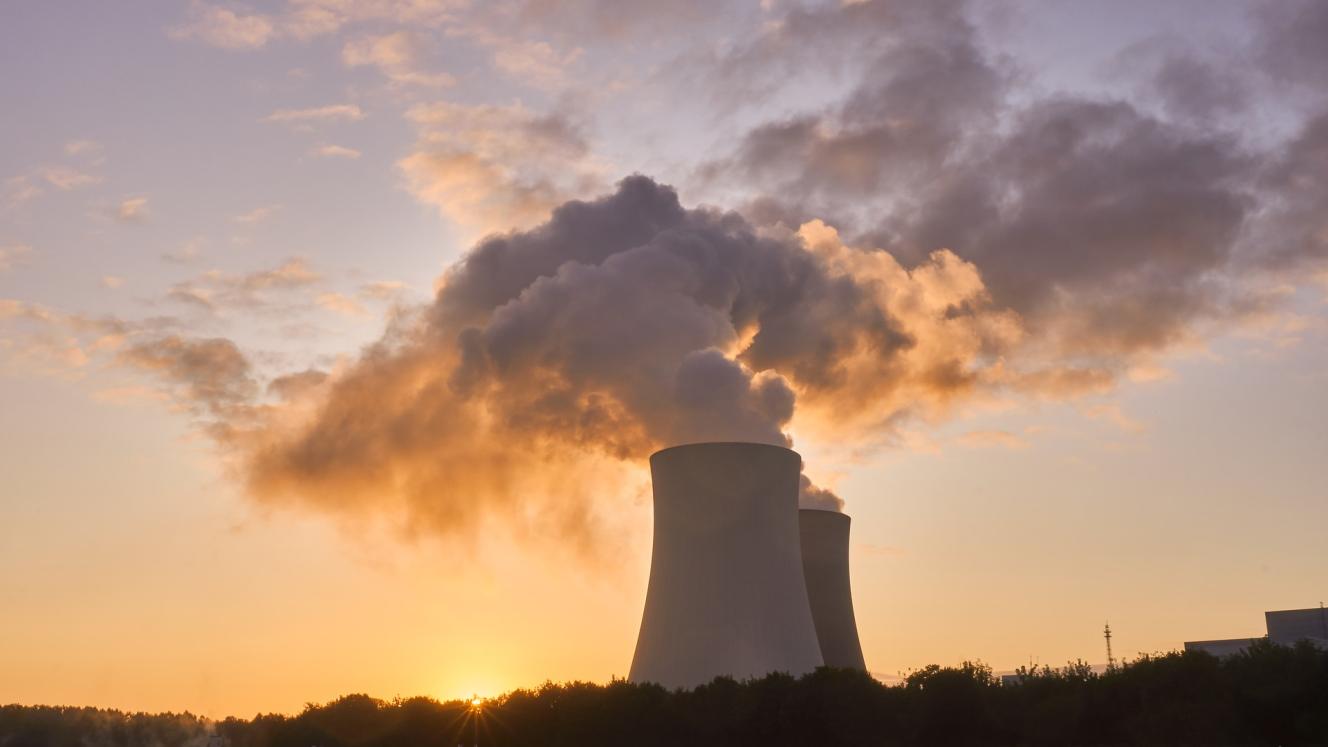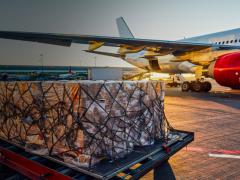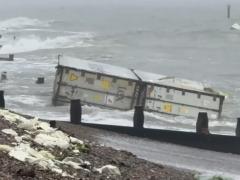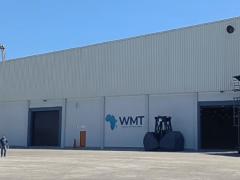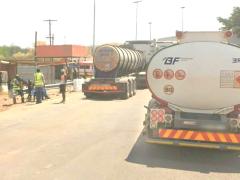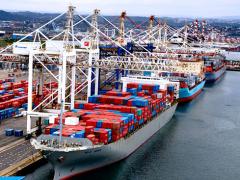Kenya is to begin construction of its first nuclear power plant in 2027 as the country moves to diversify its energy generation to meet the growing call for zero-carbon energy in a growing economy.
The acting chief executive officer of Kenya’s Nuclear Power and Energy Agency (NuPEA), Justus Wabuyabo, says the agency has advanced plans to float international tenders for the construction of the plant.
The International Atomic Energy Agency (IAEA) approved the construction in 2021 for Kenya to go ahead with setting up the infrastructure for the plant.
"Bidding will take place between 2026 and 2027 and start construction thereafter. Construction ranges from six to 10 years so we are looking at 2034-35 to commission the first plant.
"We are now focusing on the counties of Kilifi and Kwale as our ideal sites. They have met most of the criteria but before we determine the final site, we have to do a detailed scientific study as provided for by IAEA, such as seismic tests," said Wabuyabo.
The plant is expected to have a capacity of 1 000 megawatts, which, if successfully delivered, will be key to helping boost the electricity supply to the economy and help reduce reliance on dirty thermal plants.
Kenya's quest to develop a nuclear power plant stems from the projected increase in electricity demand as the country looks to be a middle-income economy by 2030.
Anticipating a move to nuclear, Kenya has, over the years, stepped up efforts to realise its nuclear energy aspirations by sending students abroad to developed economies using nuclear energy, to boost their skill sets and ensure that the country does not wholly import the labour to construct and man the nuclear facility.
